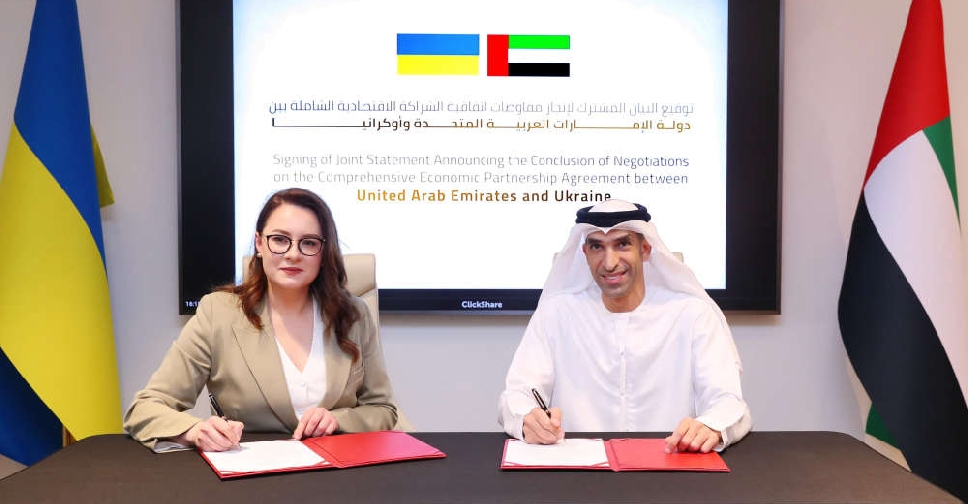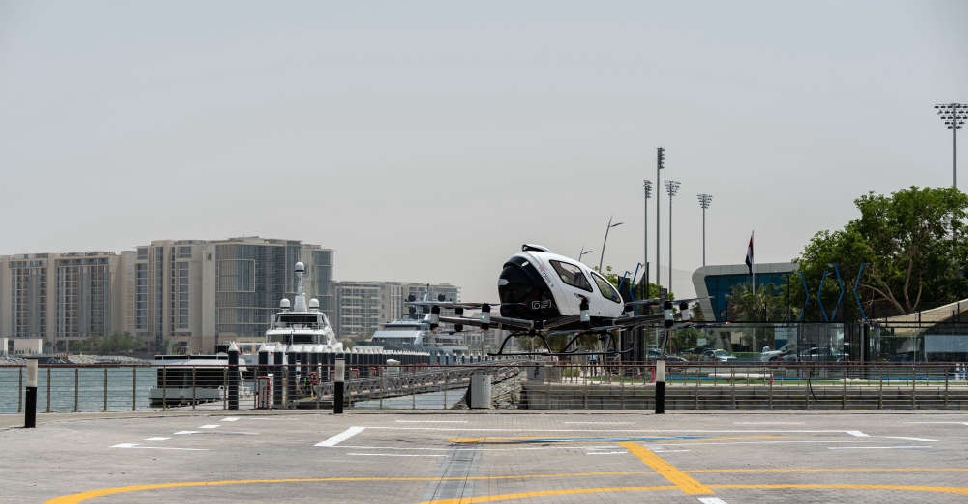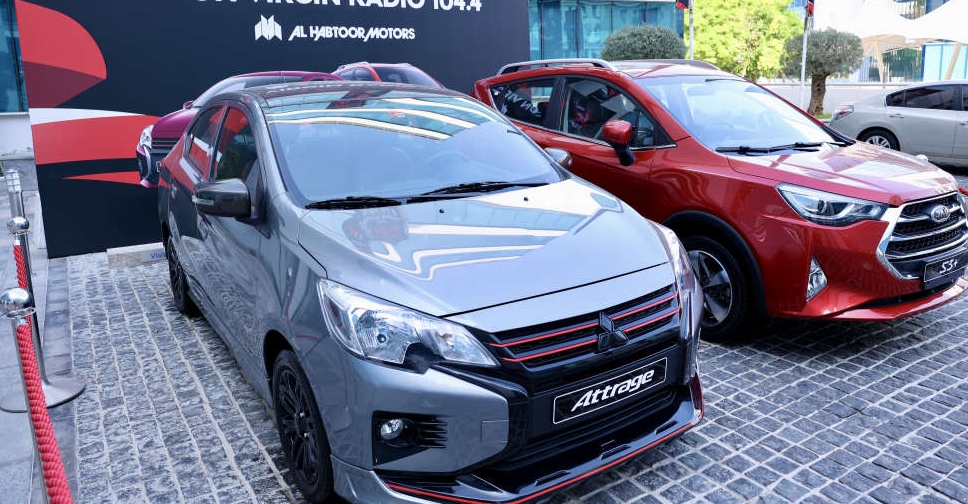
An Organisation of Petroleum Exporting Countries (OPEC) deal to curtail oil production appeared in jeopardy as Iran said it won’t make cuts while Saudi Arabia insisted Tehran must be willing to play a meaningful role in any agreement. Ministers gathering in Vienna before Wednesday’s crucial OPEC meeting attempted to resolve differences obstructing an accord. Iranian oil minister Bijan Namdar Zanganeh laid out his country’s position following talks with his Algerian and Venezuelan counterparts. Under an Algerian proposal Tuesday, the 14 members of OPEC would cut production to 32.5 million barrels per day from their October level of 33.6 million, according to two delegates familiar with the talks. With little time left before the OPEC meets to finalise the first production curbs in eight years, resistance from Iran - and from neighbouring Iraq - has made the foundations for a deal look increasingly shaky. Top producer Saudi Arabia is ready to reject an accord unless all members, bar Libya and Nigeria, participate, people with knowledge of the kingdom’s position said earlier. “I don’t know” if there will be an agreement, Indonesian energy minister Ignasius Jonan told reporters in Vienna. “The feeling today is mixed." Under the Algerian proposal, Angola, which had a key oil field under maintenance in October, will cut from its September level. Nigeria and Libya will be exempted from cuts. Still, OPEC will consider their output to calculate the overall 32.5 million-barrel target, using their year-to-date averages, rather than their October levels. An OPEC proposal initially agreed in Algiers in September would see producers trim output by about 1.2 million barrels a day from October levels. Iran has sought special treatment since it’s ramping up output following years of crippling sanctions. (Nayla Razzouk, Elena Mazneva and Angelina Rascouet/Bloomberg)
 UAE, Ukraine conclude terms of trade pact
UAE, Ukraine conclude terms of trade pact
 Elon Musk visits China as Tesla seeks self-driving technology rollout
Elon Musk visits China as Tesla seeks self-driving technology rollout
 Abu Dhabi Airports welcomes 6.9 million passengers in three months
Abu Dhabi Airports welcomes 6.9 million passengers in three months
 ByteDance denies media report of plan to sell TikTok
ByteDance denies media report of plan to sell TikTok
 Photos: UAE’s first operational vertiport unveiled in Abu Dhabi
Photos: UAE’s first operational vertiport unveiled in Abu Dhabi




